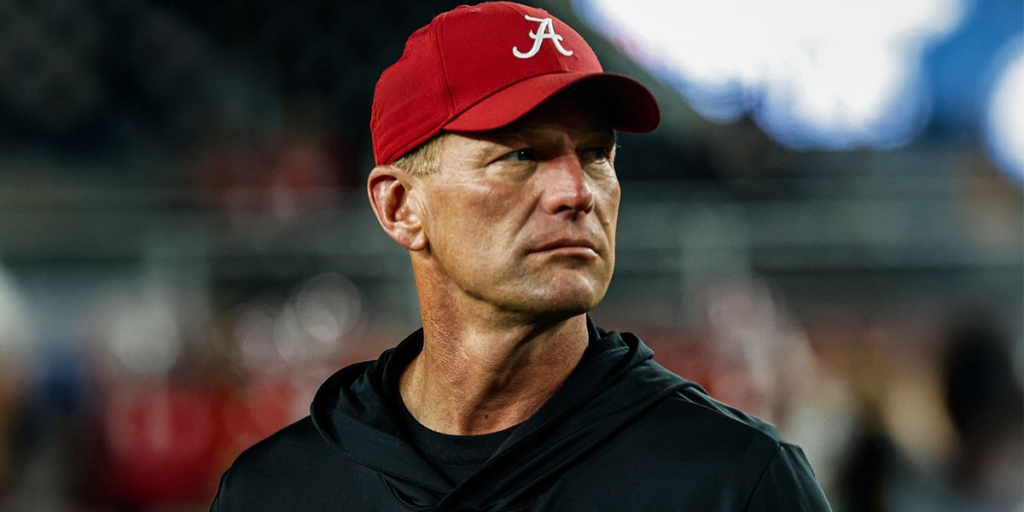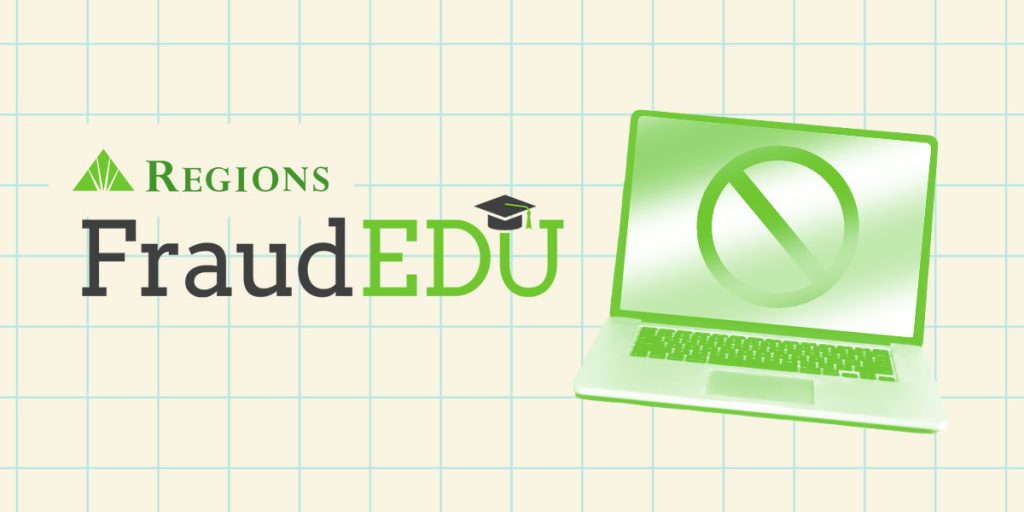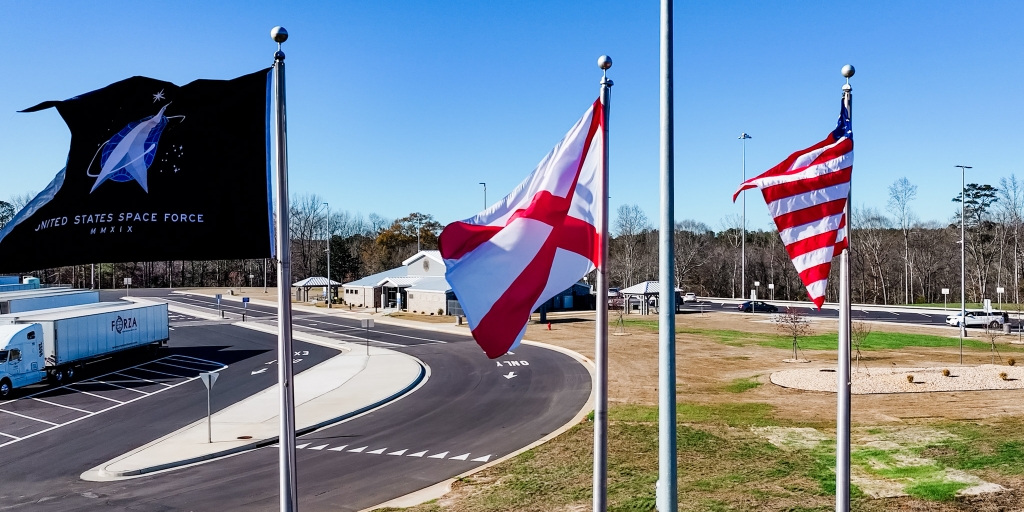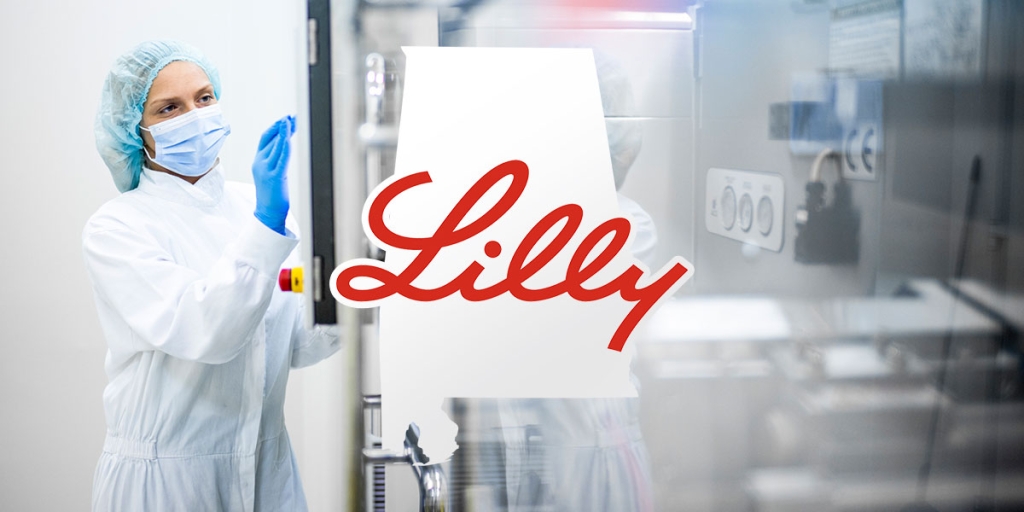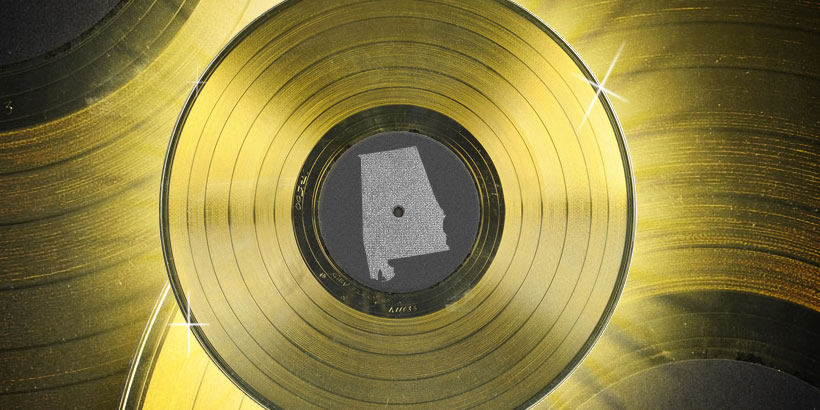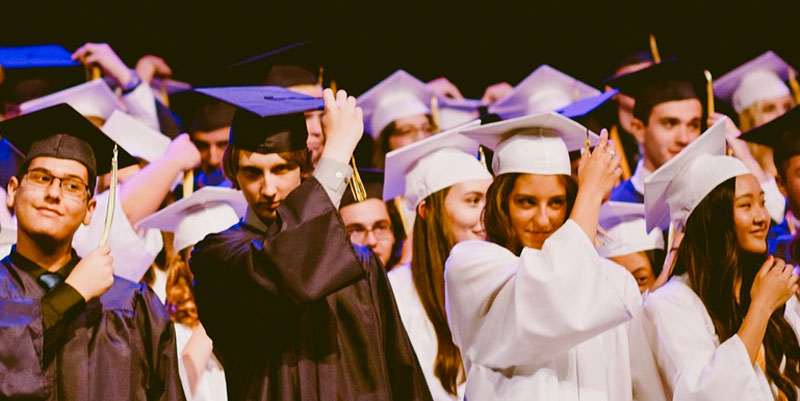
Republicans’ and Democrats’ attitudes toward higher education are seemingly diverging. Increasingly critical Republican attitudes will likely in time have policy consequences.
An annual Pew Center survey found in 2015 that 54 percent of Republicans thought that higher education’s impact on the country was positive, versus 37 percent negative. This year these numbers flipped to 58 negative – 36 positive, with 65 percent negative among conservative Republicans. Democrats this year were at 72 percent positive, 19 percent negative.
Republicans and Democrats further disagree on the value of college degrees. A recent Wall Street Journal poll found that Democrats agreed, 52 to 43 percent, that a four-year degree is worth the cost. By contrast, Republicans disagreed, 53 to 43 percent.
Republican attitudes may already be affecting policy. The U.S. House recently proposed taxing the largest university endowments, treating graduate student tuition waivers as taxable income, and denying tax deductions for athletics seat licenses. The final tax bill is more favorable to universities, but the proposals represent a warning shot.
Republicans’ antagonism toward my industry makes sense: They are mad at the preponderance of liberals among college professors, and at the liberal policy initiatives from universities. The domination of faculty positions by liberals and Democrats has been documented by numerous methods.
The causes and consequences of this imbalance, however, are less clear. It is unclear, for example, if conservatives are simply less likely to want to be professors or face discrimination because of their views. We know from testimonials that conservatives sometimes face verbal abuse, and yet many liberal professors respect (although they might challenge) conservative students’ views. Whether biased readings or attempts at indoctrination change students’ views is uncertain.
A liberal world view inevitably affects professors’ research. This is not an indictment, or excuse to ignore research you don’t agree with, but rather an observation on the research process. Social science research requires premises about the nature of human society. Here’s one concrete example. Economists typically judge economic performance against the satisfaction of market demand – do consumers get what they want? Yet other social scientists believe that continual advertising and our consumer culture manufacture these demands. Whether demand should be treated seriously affects our research.
Can anything be done about the liberal dominance of college faculties, if it is indeed a problem? Donors and alumni can always attempt to place conditions on gifts, which administrators may or may not accept. As a matter of policy, the University of Colorado brings a conservative professor to campus each year to organize lectures and other activities to provide balance. The Iowa legislature considered a bill mandating using voter registration in faculty hiring. If the sociology department, for instance, had too many registered Democrats, they could only hire registered Republicans. I doubt that this would accomplish much, as some liberal sociologists would surely register as Republicans to secure set-aside positions.
Instead of “affirmative action for conservatives,” perhaps we should embrace a range of intentionally ideological curricula. Economist John Merrifield argues that the primary goal of K-12 education reform should be a diverse menu of options for parents and students. I agree, but why not extend this diversity to programs or even universities embodying conservative and liberal values and approaches?
For example, scholars bitterly debate whether the core curriculum should cover the Great Books or “Western Canon.” Regardless of who is correct, many conservatives regard the Canon as fundamental. Some schools, mostly private colleges, still teach the Great Books.
Alabama’s fourteen public four-year universities already offer a wide range of programs; the University of Montevallo, for example, is a public liberal arts college. Why not have one university dedicated to a conservative educational experience, and another dedicated to a liberal curriculum? While neither might provide balance within their programs, they would increase the range of options available at in-state tuition rates, while truthful disclosure should prevent enrollment by unsuspecting students.
President Trump has attacked the liberal media bias and fake news. The recent House tax proposals, I think, provide warning that higher education may soon face similar attacks. Perhaps embracing and ensuring a range of ideological options will more effectively defuse the growing discontent.
Daniel Sutter is the Charles G. Koch Professor of Economics with the Manuel H. Johnson Center for Political Economy at Troy University.






